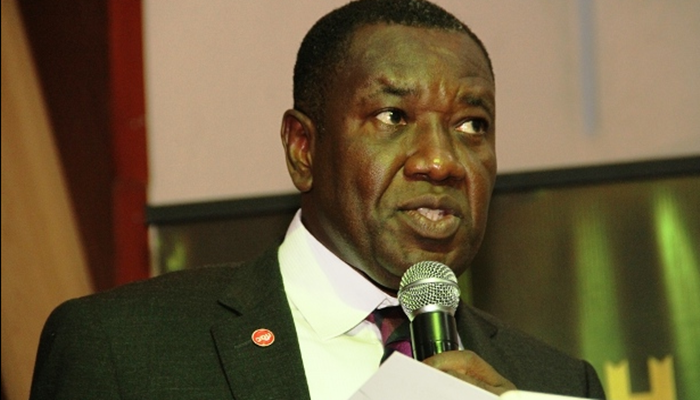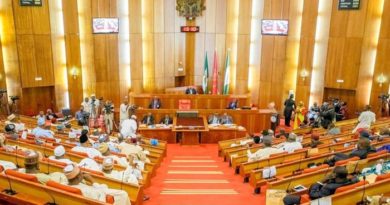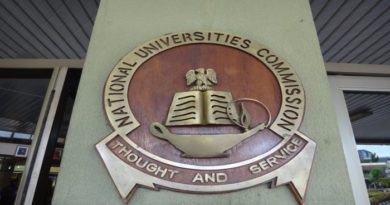ERGP: NECA calls for committed implementation
Nigeria Employers Consultative Association (NECA) has called on the Federal Government to see to full implementation of the Economic Recovery and Growth Plan (ERGP) recently released by the Federal government.
NECA’s President, Larry Ettah, said ERGP will provide some assurance to domestic and foreign stakeholders on the policy direction of the Federal Government for the economy, expressing the belief that the policy will pull the economy out of recession.
He said: “We appreciate the fact that the ERGP was produced through a process that involved consultations with the private sector and hope such consultative posture will be sustained.
“We share in the broad principles behind the plan – tackling constraints to growth, particularly fuel, power, unfriendly regulations, and foreign currency; leveraging the power of the private sector, promoting national cohesion and social inclusion and allowing markets to work.
“We also support some specific initiatives and targets stated in the document, including the desire to increase oil production to 2.5million barrels per day by 2020; privatisation of specific enterprises and assets; reducing petrol importation by 60per cent; building a globally competitive economy; and improving infrastructure and the overall business environment.”
The Group, however, advised the Federal Government to ensure a focused and effective implementation of all the actions and initiatives contained in the ERGP so that the benefits may quickly accrue to the economy, the businesses community and the nation as a whole.
“While we note positively that government has now formulated an ERGP in consultation with all stakeholders and with assistance from McKinsey, this step is perhaps two years late and should be implemented forthwith. We expect ERGP implementation to be based on a strong agenda to diversify exports and government revenue sources; promotion of private capital and investment; deregulation of downstream petroleum; as well as an effective flexible exchange rate system.”
He acknowledge the fact that some positives things are happenings in the economy, adding that oil prices that have risen to an average of $55 per barrel will allows the Central Bank of Nigeria (CBN) to accumulate increased foreign reserves.
He also mentioned the success of $1billion Eurobond offer as an achievement which may signpost modest improvement in foreign investor confidence in the economy.
“We however have concerns about the relatively high cost of the Eurobond offer and the rising debt service obligations of the country compared to our revenue profile,” he said.




